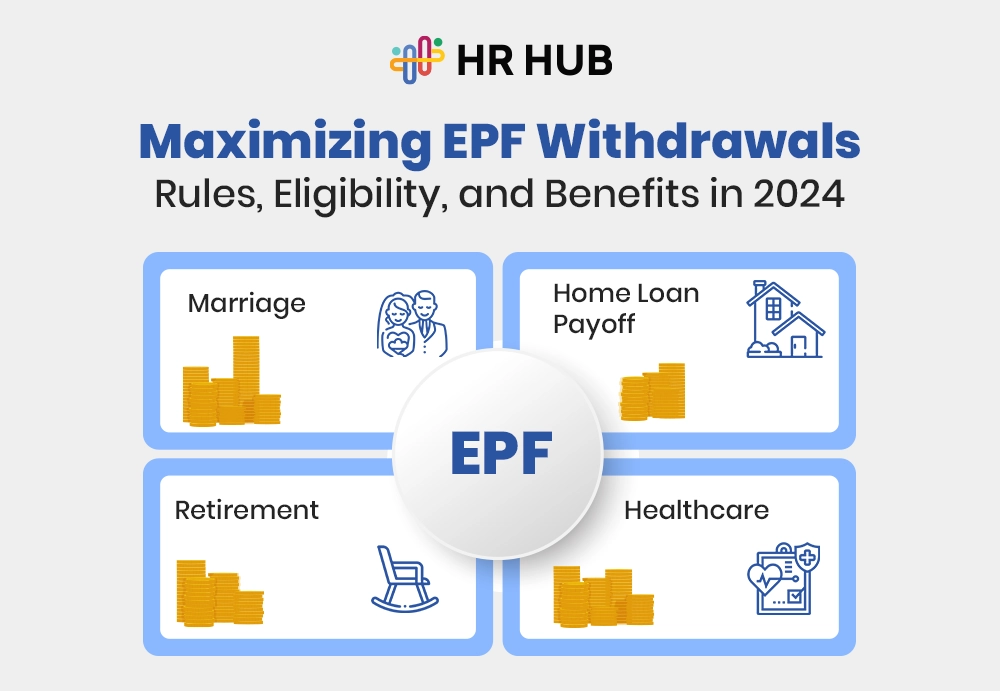Absenteeism can cause significant problems for any organization. The cause may be illness, personal reasons, or simply a lack of motivation. It leads to lower production, business overcall costs, and morale among remaining employees.
How do organizations overcome such issues? Employers or organizations may reduce absenteeism and promote a more productive workplace by taking the right steps. So, let's explore the key tips and strategies that help them eliminate absenteeism in the workplace.
Key 9 Tips That Can Easily Minimize Absenteeism in Your Workplace
Here are nine easy tips to help combat absenteeism in the organisation's workplace.
Tip# 1: Encourage a Positive Work Environment
A productive workplace culture is necessary to reduce absenteeism. There is a favourable correlation between reporting frequency and employee involvement, support, and value. Promote open communication, offer chances for professional development, and routinely acknowledge your staff members' accomplishments publicly.
Tip #2: Put Flexible Work Schedules Into Practice
One of the best recommendations that you can make is to provide work-from-home or flexible hours that maintain a better and healthier balance between their personal and work lives. Due to this flexibility, employees may feel less stressed and find it simpler to report to work each day. To ensure remote work arrangements are productive and successful, use HR HUB, the greatest employee monitoring software accessible globally
Tip #3: Provide Health and Wellness Programs
The healthier employees, the fewer chances of missing working hours. Employees can look at their health by implementing health and wellness initiatives such as fitness seminars, gym subscriptions, and health exams as a high priority. So, it's best to promote a balanced diet, frequent exercise, and stress reduction methods from the organization's level.
Tip #4: Offer Competitive Benefits
Benefits like health insurance, retirement programs, and paid time off inspire employees to stay with their companies. Therefore, it is essential to ensure that employees understand the benefits and encourage them to use these resources effectively. Employee leave management software can make tracking and requesting time off easier.
Tip #5: Address Workload and Stress
Workload overload and stress may contribute to absenteeism. To ensure workers can perform their duties, supervise them and offer assistance when required. Promote a healthy work-life balance and provide tools to manage stress, including workshops or counselling.
Tip #6: Provide Clear Expectations
Employees are more productive when they are provided with clear expectations before joining the organization. This is made possible by providing precise job descriptions, establishing attainable objectives, and effectively conveying expectations. So, it is recommended to provide better check-in with staff members regularly to hear their opinions and resolve any issues they may be having.
Tip #7: Recognize and Reward Attendance
Acknowledging and rewarding employees for their timeliness can encourage them to continue their consistent attendance. Think about starting an attendance rewards program or recognizing staff members who have perfect attendance in public. This may contribute to the development of an attendance accountability-focused culture.
Tip #8: Do Investment in Training and Development
Providing funding for training and development can boost job satisfaction and employee engagement by making it more likely that they will show up for work on a regular basis. Provide chances for professional growth, skill improvement, and personal development. This investment can strengthen workers' loyalty to the company by demonstrating to them that their growth is valued.
Tip #9 Utilize Payroll Management Software
Effective payroll management is essential for maintaining correct employee attendance and leave records. Invest in payroll management software that works well with your attendance monitoring system. This program can guarantee labor law compliance, reduce errors, and expedite payroll procedures.
Implement These Strategies for a More Present Workforce
Employers can successfully lower absenteeism by using these techniques and resources, such as payroll management software and employee monitoring software.
Fostering a dedicated and engaged staff requires setting clear standards, prioritizing employee well-being, establishing a pleasant work culture, and enabling flexibility.
The appropriate strategy can reduce absenteeism, which will boost output, cut expenses, and increase worker satisfaction.






